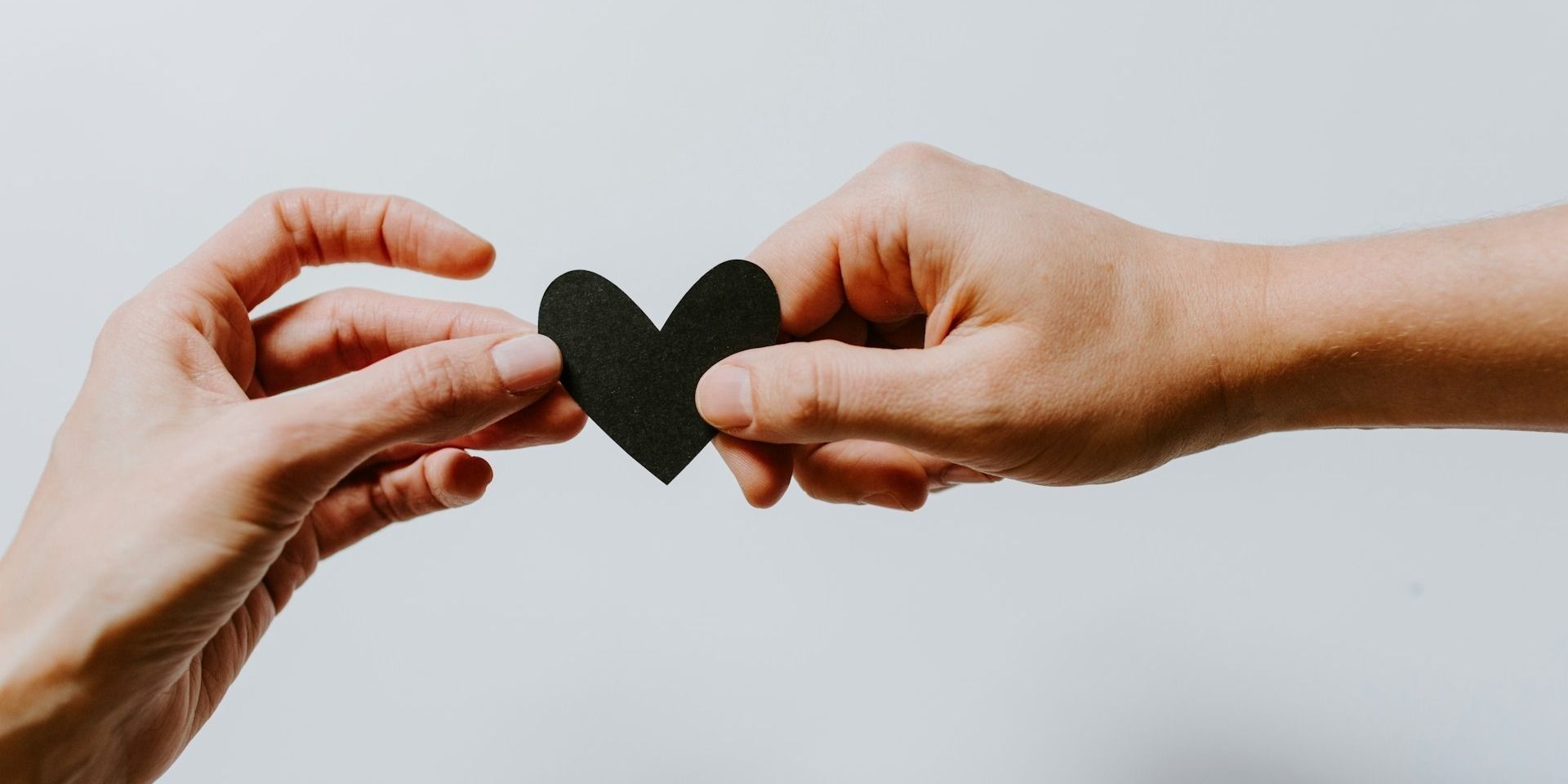Saving Lives With Organ Donation

What comes to mind when you hear about organ donation? Is it the sticker on a license or ID card? Is it a person receiving a transplant? Maybe the topic raises questions about how organ donation works and how people become donors of organs, tissues, bones, or even their entire body.
Organ transplants can include the kidney, liver, pancreas, heart, lung, and intestines. Assuming all organs are viable, one organ donor can help up to eight people, and a tissue donor can potentially help 50. In 2021, the longest waitlists were for kidneys and livers—with some people on the transplant list for up to five years. More than 100,000 people in the U.S. are currently on the kidney transplant list.
Many choose to become organ donors because they want to help others in need. However, this decision might come as a surprise to loved ones if not discussed ahead of time.
If you are a donor or are considering it, have a conversation with your family so there are no surprises later.
How the Organ Matching Process Works
When a person is added to the national transplant waiting list, they’re placed in a pool. When an organ becomes available, the system searches for a match by comparing medical urgency, time on the list, organ size, blood type, and genetic makeup.
Can You Still Have a Wake or Burial if You’re a Donor?
Yes. Choosing organ or tissue donation does not interfere with your ability to have a wake or traditional burial.
Open casket services are still possible. Surgeons and morticians ensure any surgical evidence is closed and concealed.
That said, funeral services may need to be timed or scheduled based on the donation process.
Becoming an Organ Donor in Wisconsin
You can register as a donor when applying for or renewing your ID or driver’s license at the DMV. You may also change your status through the Health Resources and Services Administration at organdonor.gov.
If You’re Preplanning a Funeral
Be sure to inform your funeral home if you are an organ donor. This helps them prepare an appropriate timeline for your services. You can begin by filling out your preplanning form to document your wishes in advance.
If you need help with preplanning or have questions about organ donation and funeral arrangements, our team is here to support you every step of the way. Please reach out to us anytime.